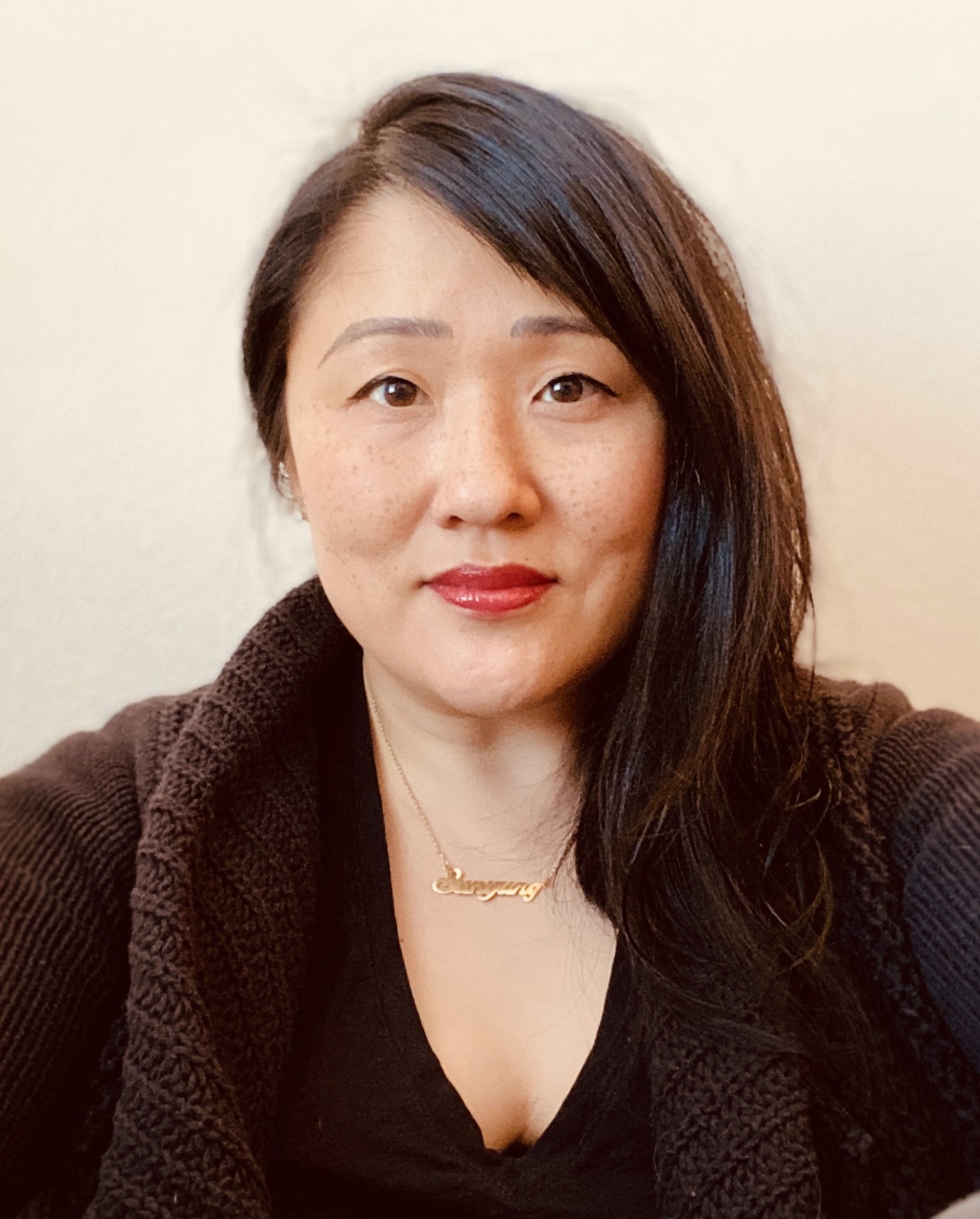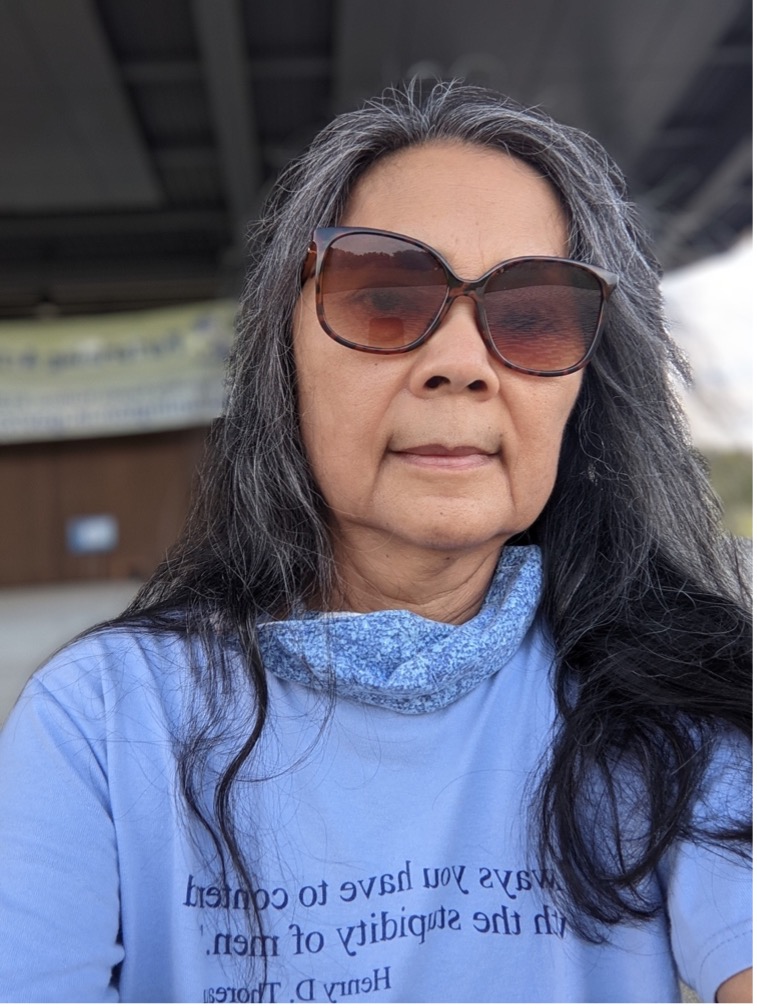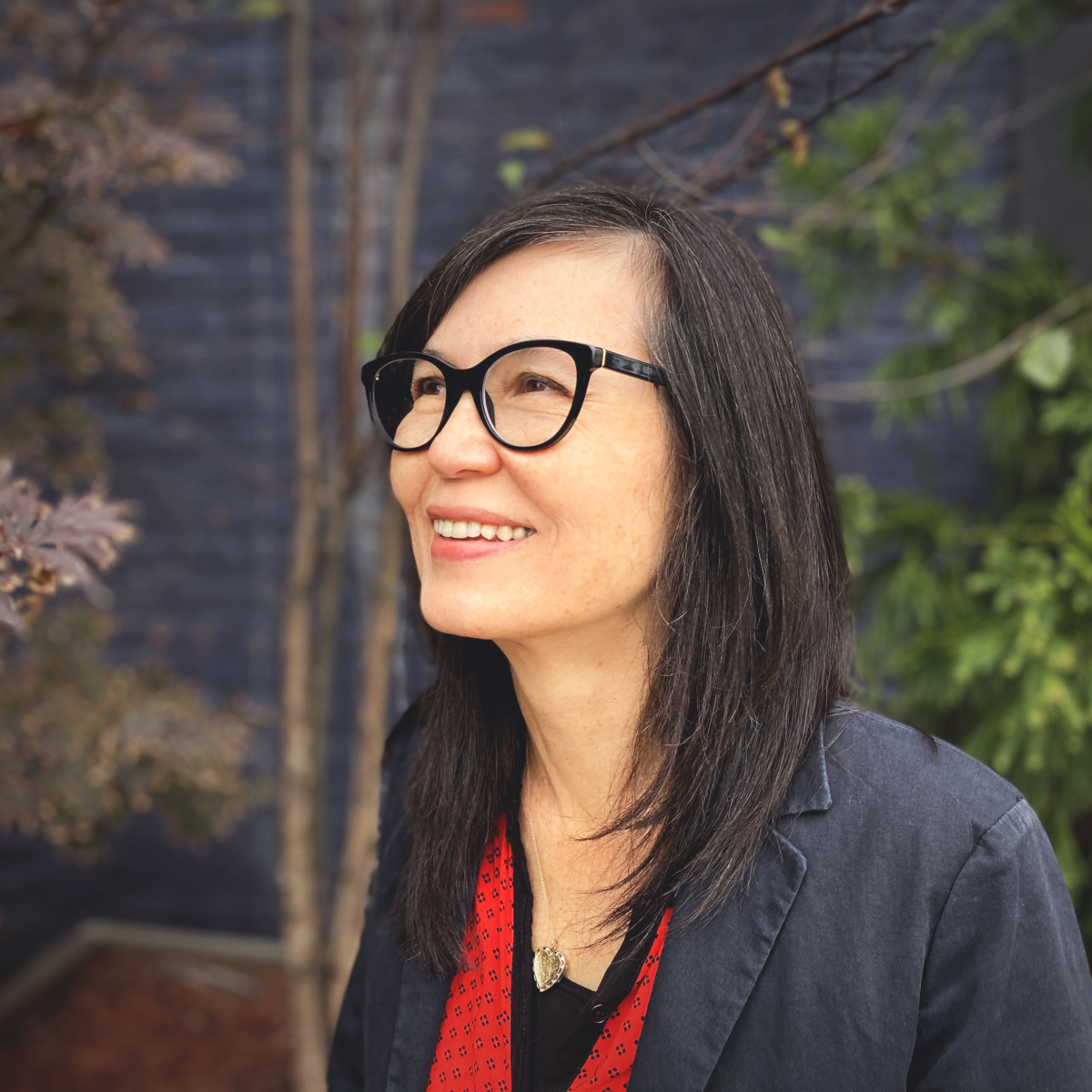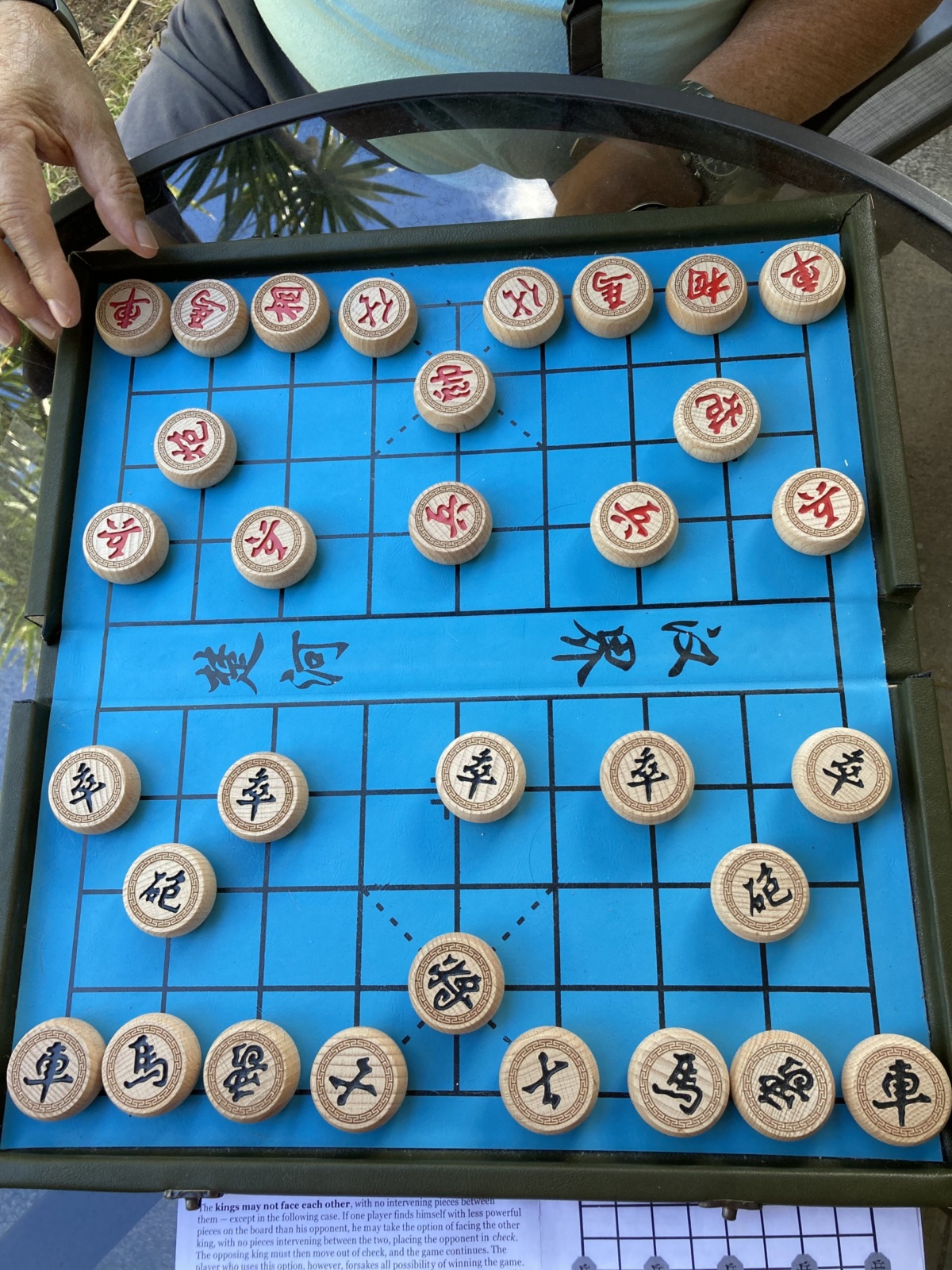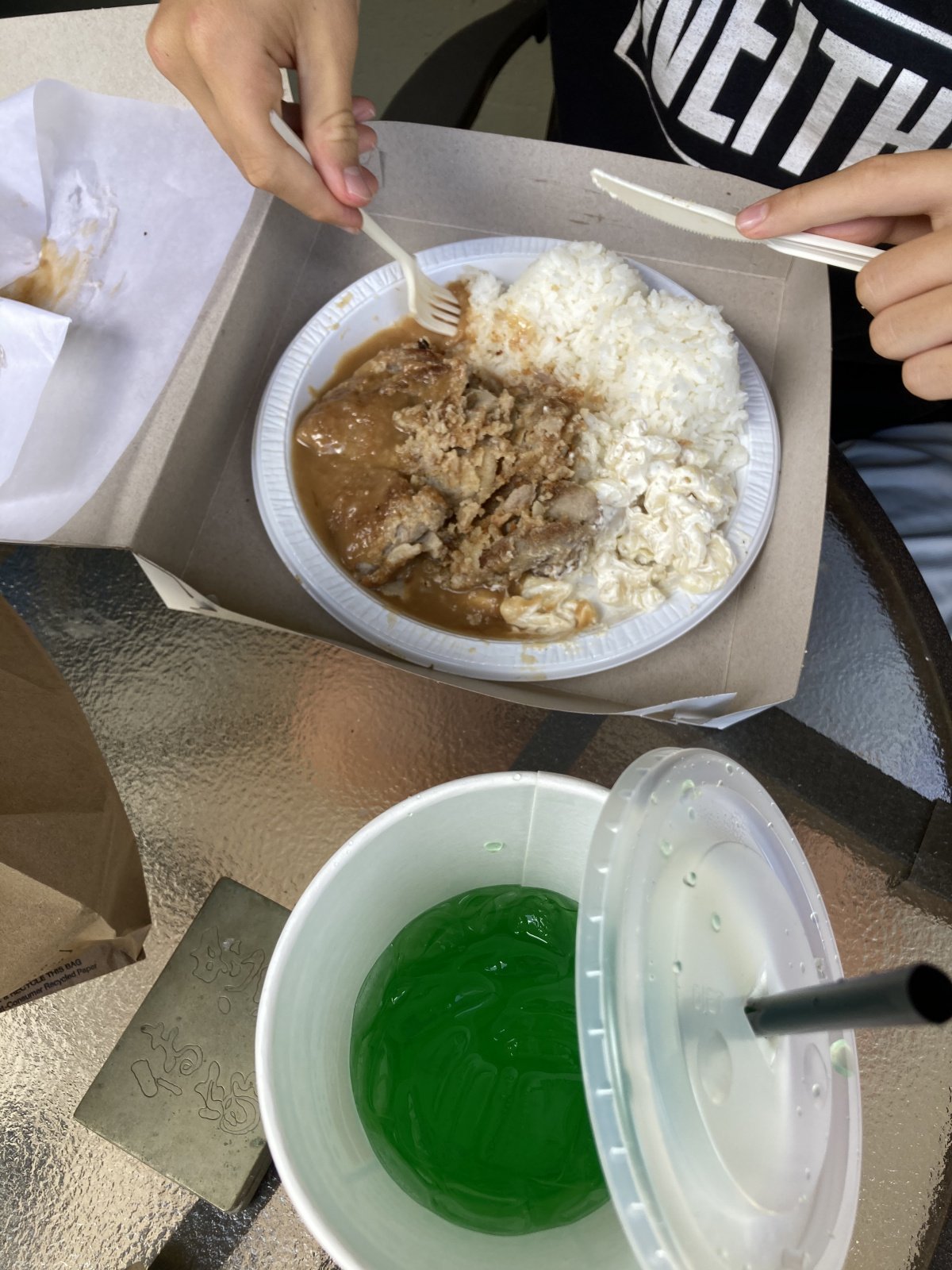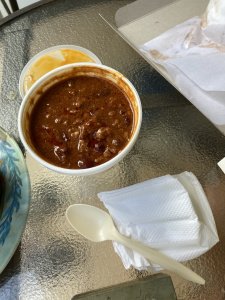I’m starting to learn how to play Chang-gi/Jang-gi or Korean chess, or what some may call Chinese chess. I’m doing this, so that Dad and I can have some activity together. The Kid and Dad played 5-in-a-row. Dad can beat The Kid at this game. He’s also good at chess. He told me this is how he spent part of the Korean War with his brother and cousin, hiding in the attic to avoid being drafted as a young teenager, the three of them playing chess.
I first learned to play chess in the third, maybe fourth grade. A friend taught me and failed to tell me that losing the pawn was not as bad as losing a rook and she easily won for several rounds. I developed an interest in playing chess, enough to have Dad come home from a business trip with a small magnetic chess set. I still have it. He learned Western chess; we played together. My ambition became to beat him.
I played other Korean boys in Iowa, most distinctly one who won against me with a series of memorized moves. I was in awe. I asked him how he learned chess, and he showed me a chess book. I went to the mall, ordered the same book, Dear Reader, I still have it, LOL. I studied it, and then memorized the moves. I got better. I kept playing. I didn’t ever play the boy again, but I ended up challenging Dad to chess and beating him.
I beat him once, but obviously, he was the person I wanted to win, as I didn’t play much after that match. Dad laughed. I had taught him now to play Western chess, and he had always beaten me up to that point. Looking back, I know he had let me win, played a bit casually, but no matter. I felt like it, and he admitted it: I had won.
So much of my identity throughout my life was tied to being my father’s daughter. The daughter of a scholar and research scientist and doctor. The daughter of someone who had survived the Korean War, who had won the nation’s top scholarship to come to the West, who had a PhD and MD by the time he was 27. He headed a research lab. He was the only person of color with his field’s medical association. He was a colonel in the Army. He published over 200 papers. He spoke multiple languages. He lived a big life. Mostly, he was unique, unabashedly exhausting, often temperamental, humorous, brilliant, and fiercely loyal. It was under this shadow that I lived and tried to measure myself and my accomplishments, and of course, I always came up short. I still do. The complications of his existence were exacerbated by language challenges and his struggles with the truth of race in the US. Dad’s journey was long. Difficult. In almost every sense, it was my mother who made his navigation in the US possible (more on Mom in my next post!).
Dad was the one who had always drilled into my brain that I had to have more, be more, accomplish more, to be treated with half the respect, as he said, because I was Korean, because I was Asian, because I was female. This was the lesson that my father kept repeating, and this was the lesson that nearly broke me, or perhaps did. (I’m since rather patched together on my merry way…)
I particularly remember these ideas when at boarding school. I would not buckle. No. I would not. Because I was not a quitter. I was the daughter of Dr. Tai-June Yoo and the white students who bullied, belittled, had no idea what I did to reinvent. It wasn’t me who was on the line. It was my race. It was my ethnicity. It was my gender. I would not let anyone down. Ever! Tough times. I got sick of living up to everything–and as one does, it led to completely giving up that type of structural existence. Too exhausting. Too narrow. It did not fit. Even if that meant disappointing Dad.
It took me decades for me to see that there are truths to how we learn and function in a nation and that our families messages are to be interpreted according to who we are individually. We can’t be everything to everyone all the time. What we can be however is this–people who slow down and play a game chess now and then, people who try to learn something new, people who try to understand that our own paths are informed by others, but are our own paths full of foibles, mistakes, joys, and unexpected happenings.
Stay tuned.
Maybe one day I’ll beat dad at Korean chess.
Miracles do happen.
